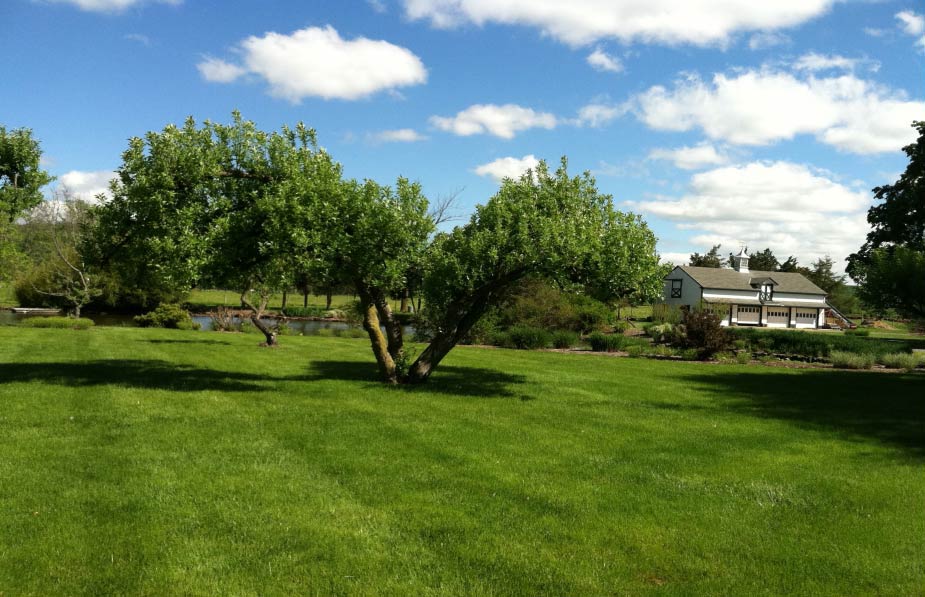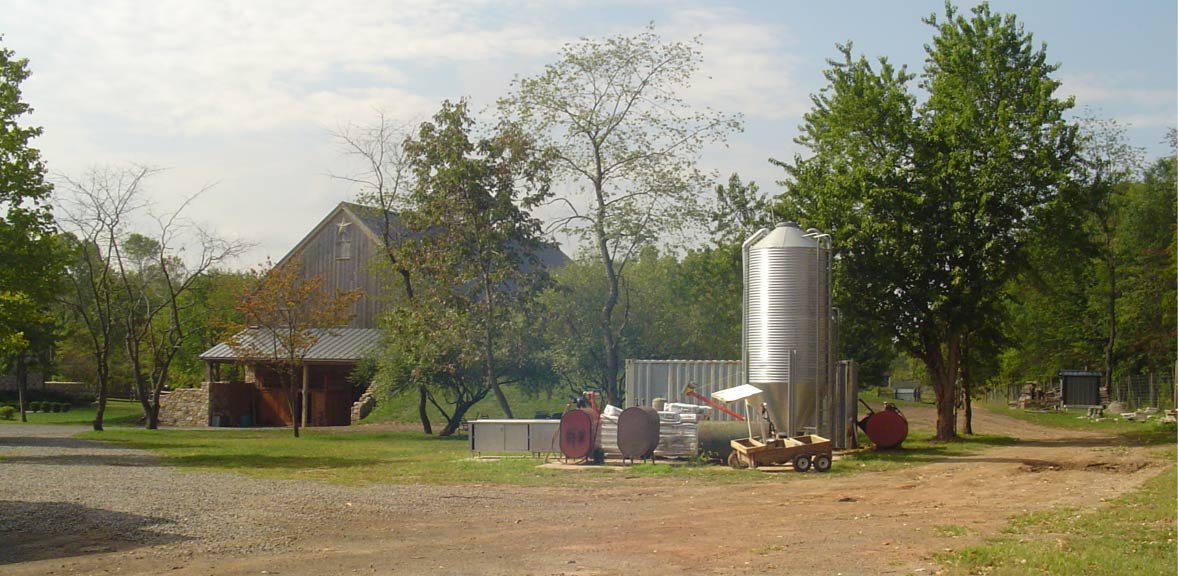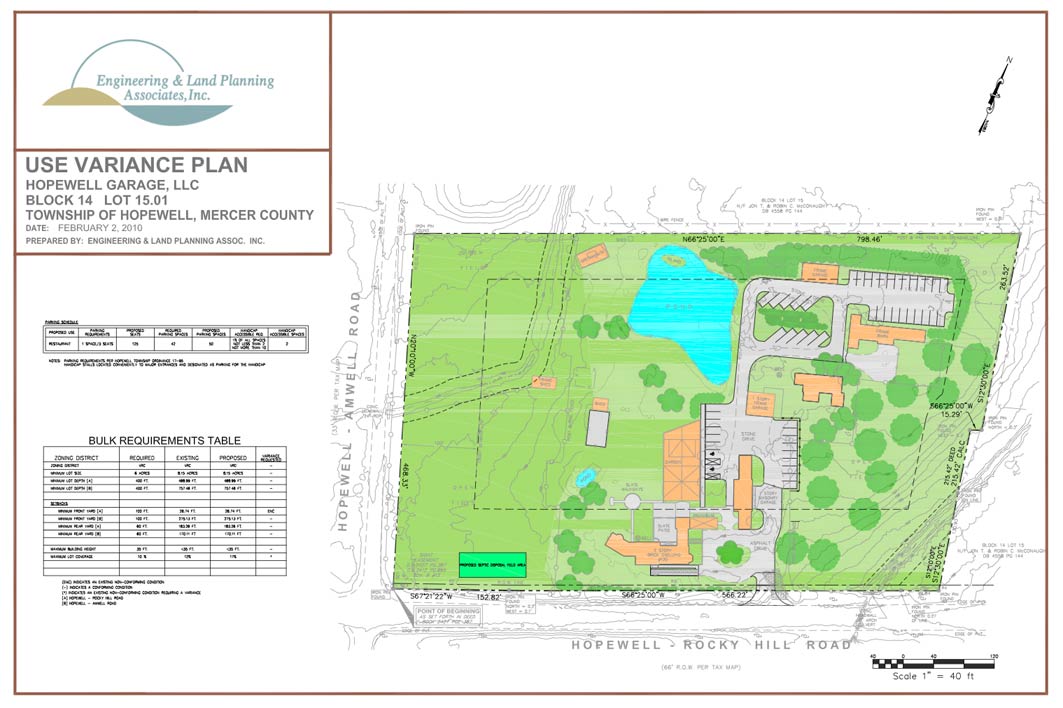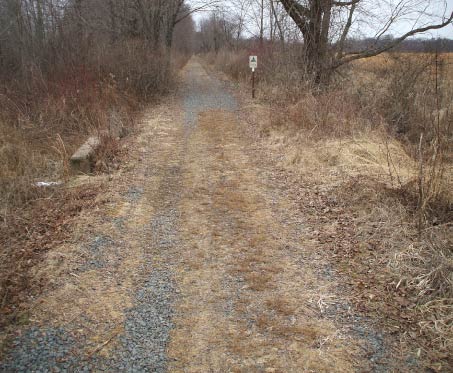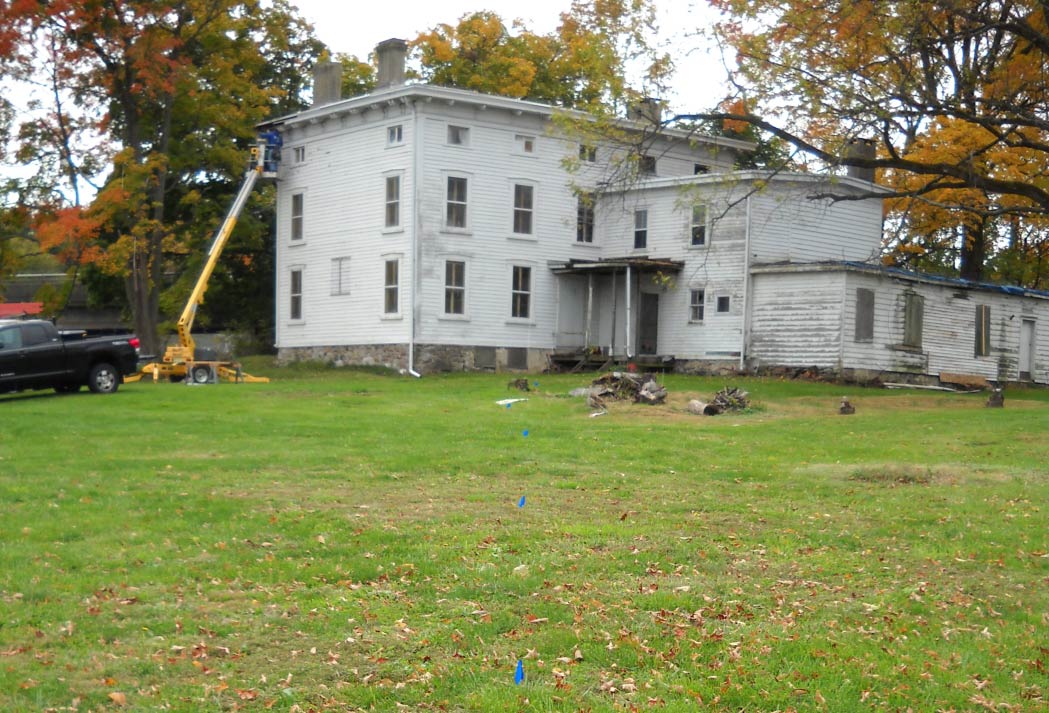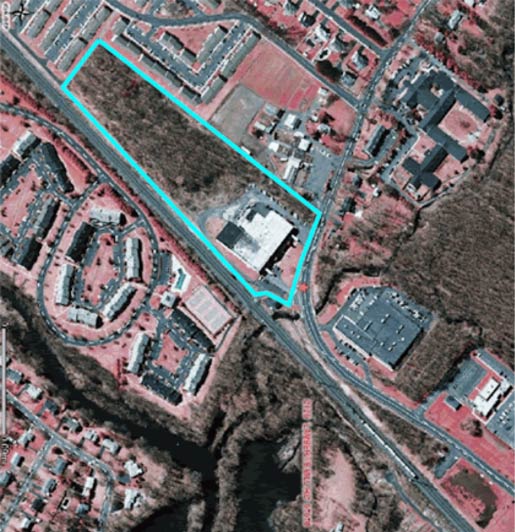Case Study: Double Brook Farm
Site Location and Description
Brick House Tavern, 8.2 Acre Historic Residential Property Converted to a Farm-to Table Restaurant, Township of Hopewell, Mercer County, New Jersey. Brick House Farm Market, 1.5 Acre Former Car Dealership Converted to a Farm Market, Hopewell Borough, Mercer County, New Jersey
Key Project Elements
Municipal Use Variance & Site Plan Approval, County Site Plan Approval, Stormwater Management Facilities, NJDEP Freshwater Wetlands Permit & NJDEP Flood Hazard Area Permit, D&R Canal Commission Approval In 2004 Double Brook Farm was formed and began to raise livestock and produce crops for general sale and consumption, much like any farm within the state. As demand for the local, all-natural, pasture-raised products grew in the area the mission of the farm expanded as to create a complete vertical model with nearly everything being sold at the farm, market, and restaurant consisting of items created on the farm itself.
The idea of the self-sustaining farm and associated uses necessitated the use of nearby surrounding properties that each came with their own unique set of challenges. E&LP joined the development team to provide solutions to these challenges and facilitate the construction of this model concept on each of the acquired properties and the original farmstead. E&LP aided in the permitting and design for multiple barn construction, subdivisions, lot acquisitions, and site plan approvals throughout the process.
E&LP navigated the multiple layers of permits required for the site, and obtained use variances for the restaurant development within the fringes of a residential zone as well as for the conversion of the vacant car dealership into the farm market. Wetlands Letters of Interpretation and Flood Hazard Area approvals were obtained as well as County and local approvals for the Site Plans.
E&LP successfully met the presented challenges of the pre-developed sites, as the goal was to incorporate the necessary improvements into the existing characters of the site while minimizing the environmental and aesthetic nature of the area. The overall result is a minimally invasive “green development” that incorporated solar panels, water reuse and recharge, alternative wastewater technologies, and native plantings.
Innovative ideas, such as Double Brook Farm, require innovative solutions. E&LP was able to help the owners realize their objectives of sustainable development through our unique experience and familiarity with emerging technologies
